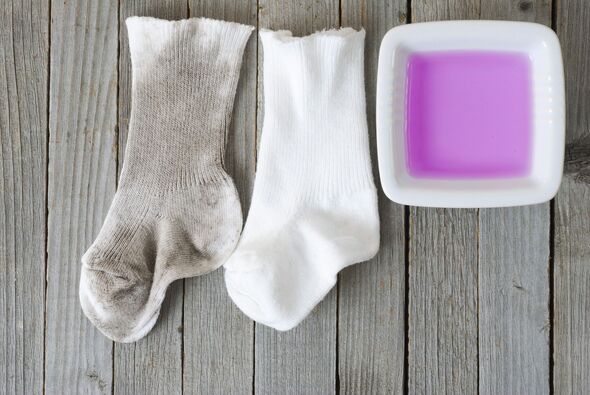
Forget the politics of leaving Europe. What is the economic case?
June 29, 2014
Ann Coulter Is Right to Fear the World Cup
June 30, 2014
 Greg Jayne, Opinion page editor
Greg Jayne, Opinion page editor

Greg Jayne, Opinion page editor
What in the name of the Eiffel Tower is going on around here? There was Ikea. And then there was health care. And now … now we have … soccer? Why, it’s the Euronization of America, and that is downright, er, um, it’s downright un-American.
You see, many in the United States have spent the past two weeks talking, thinking and watching soccer, as our national team has advanced to the Round of 16 at the World Cup in Brazil. The Americans’ midday games have been accompanied by outdoor viewing parties that draw thousands upon thousands of fans to parks in the nation’s largest cities, leading to one overriding question: “Don’t you people have jobs?” Yes, I ponder such things as I sit with my feet on the desk while eating MMs during the games; it’s good to be the Opinion Editor and get paid to think such deep thoughts.
The conclusion, of course, is that we’re being Euronized, which somehow seems to be a step backward. Didn’t we win this battle more than 230 years ago? Didn’t our ancestors throw off the shackles of our European oppressors in the name of independence? Well, not my ancestors, really, because they were still in Europe; and probably not yours, because they were still in Europe or Asia or Central America or some other foreign locale. Still, Americans went to war over this, and then we visited Europe twice in the last century to remind those people who’s in charge.
But now? Now we seemingly embrace all things European, as if there were some sort of worldly sophistication attached. Never mind the 10.4 percent unemployment throughout the European Union or the continent’s unhappy history of hooliganism or the fact that they started not one, but two world wars. If it’s European, these days it will sell in the United States.
Take Ikea, a Swedish furniture company that opened a ginormous store across the river from Vancouver a couple years ago. As a brilliant, insightful columnist once wrote in these pages, “Several of the displays at Ikea are wholly un-American. For example, they have entire apartments set up to show you how to live in a space of 325 square feet. There’s a kitchen and a living room and enough claustrophobia to help your therapist pay for her 3,500-square-foot house.”
Or take health care, in which the United States has adopted the European model of — horrors! — actually trying to help poor people afford coverage. Talk about losing our values.
There has been French fashion and french fries and French’s mustard; there has been “Downton Abbey” and James Bond and Harry Potter; there has been Guinness and mass transportation and legalized marijuana. All have made inroads into American culture, and for a while we even paid attention to the Tour de France. None of those have served to improve our country — well, aside from Guinness.
Years ago, we sent Grace Kelly to Europe. They paid us back by sending the Spice Girls. Doesn’t seem like an equitable trade.
It’s a big deal
And yet, none of those cultural icons can compare with the World Cup. “We have our Super Bowl, we have our World Series, we have the NBA Finals, we have March Madness, but my Lord, it is nothing quite like the World Cup,” Vice President Joe Biden said, proving that he must be a socialist.
Biden is not alone. According to soccer’s world governing body, the United States is second only to China in terms of the number of people who play the sport. According to Forbes.com, more tickets to World Cup games were sold in the United States than any country other than host Brazil. Why, the American team even has a German coach, which belies the xenophobia that helped build this country.
So, as the United States continues its quest in the World Cup, as it faces Belgium for a spot in the final eight and embraces its inner Europeanism, I will continue to watch this game of soccer. Yet in so doing, I shall steadfastly hold on to some of my American values — I still refuse to call it “football.”




